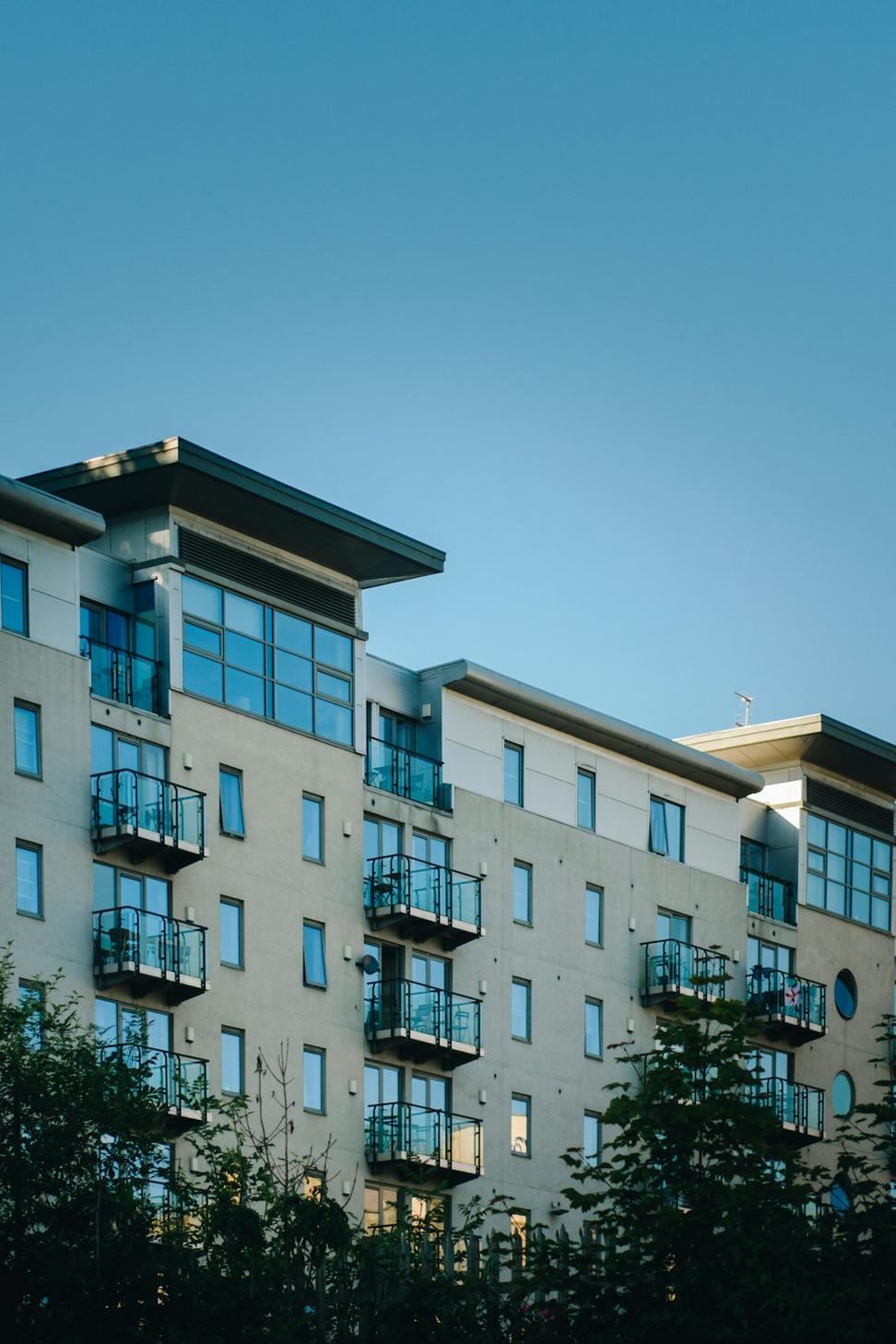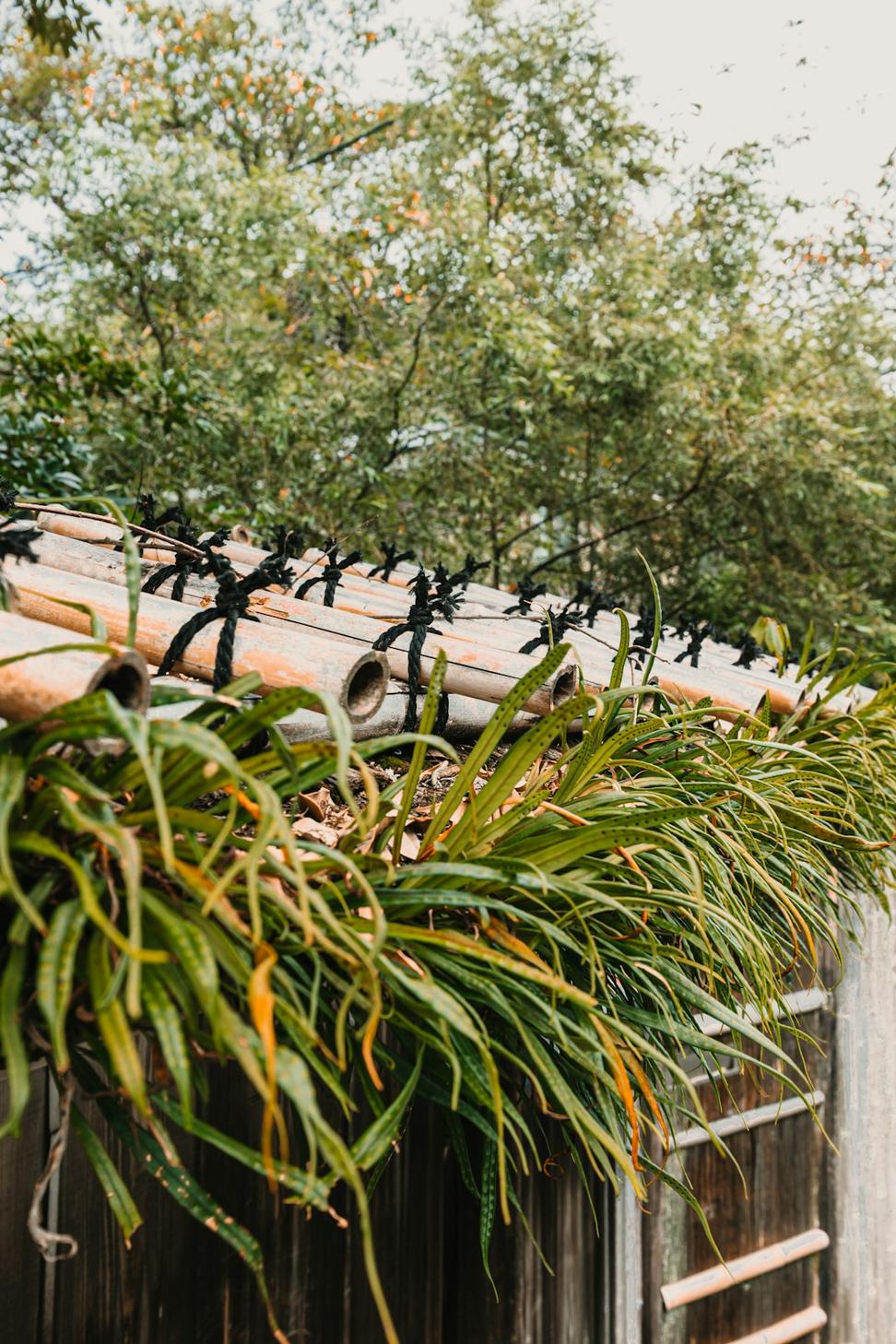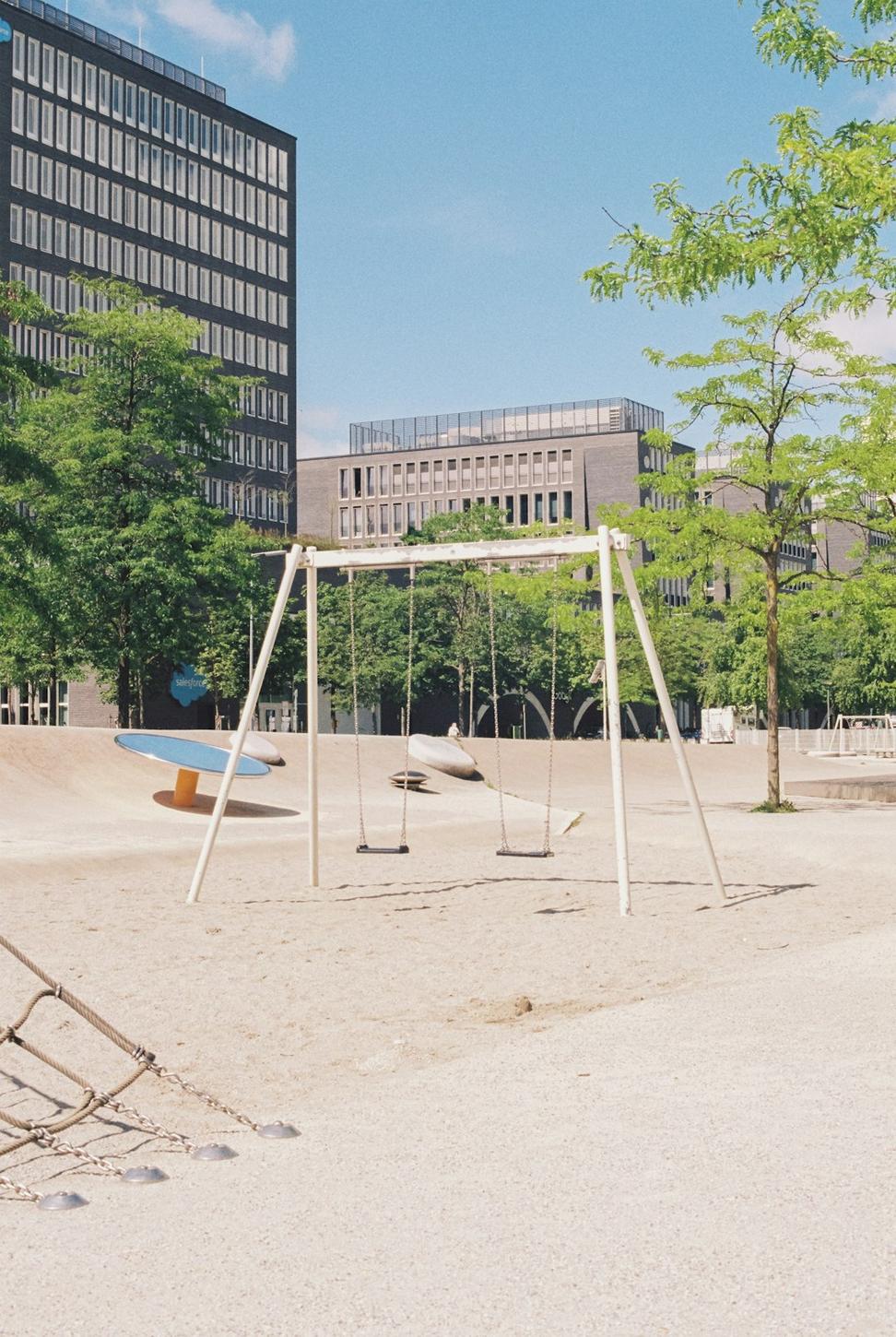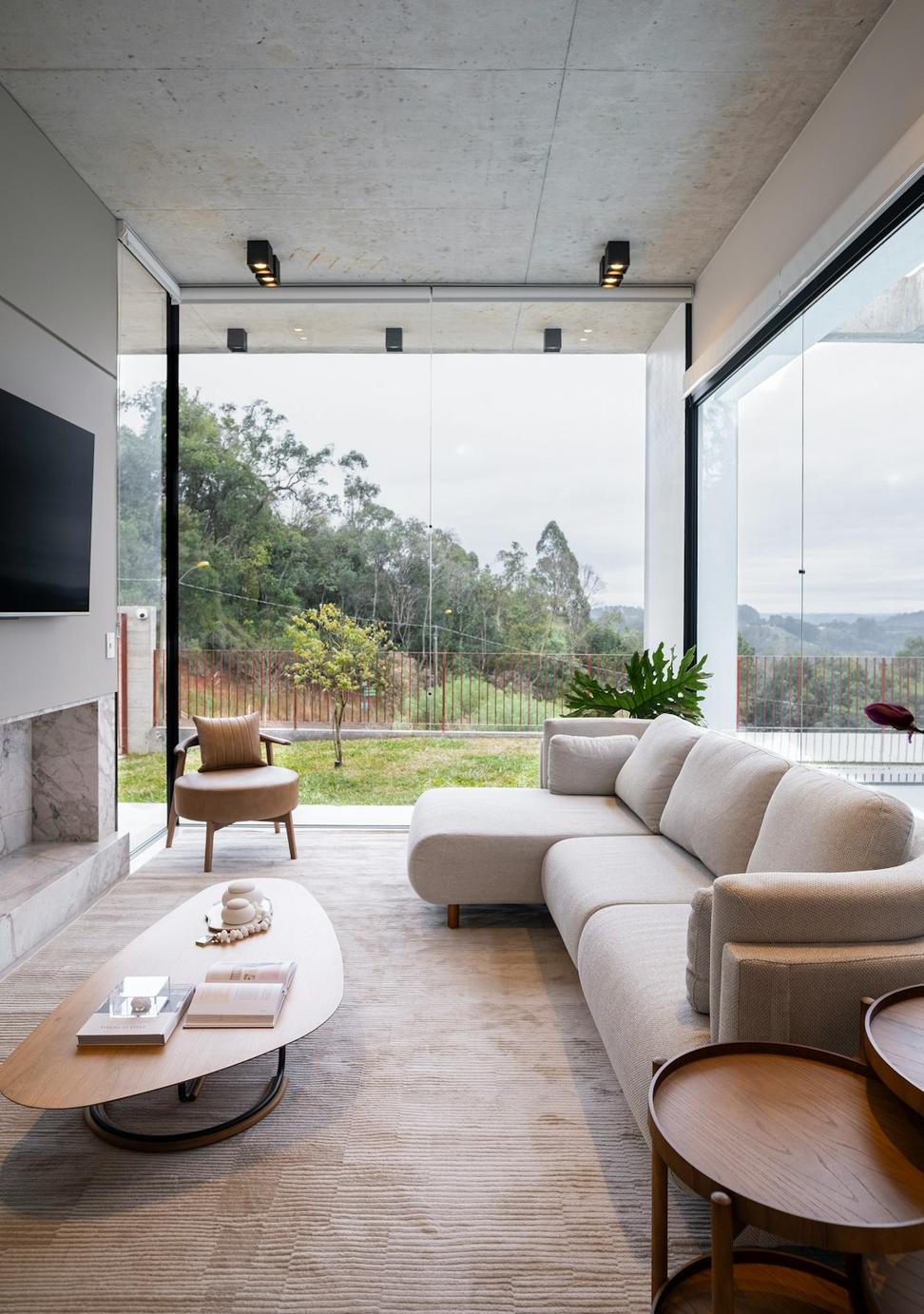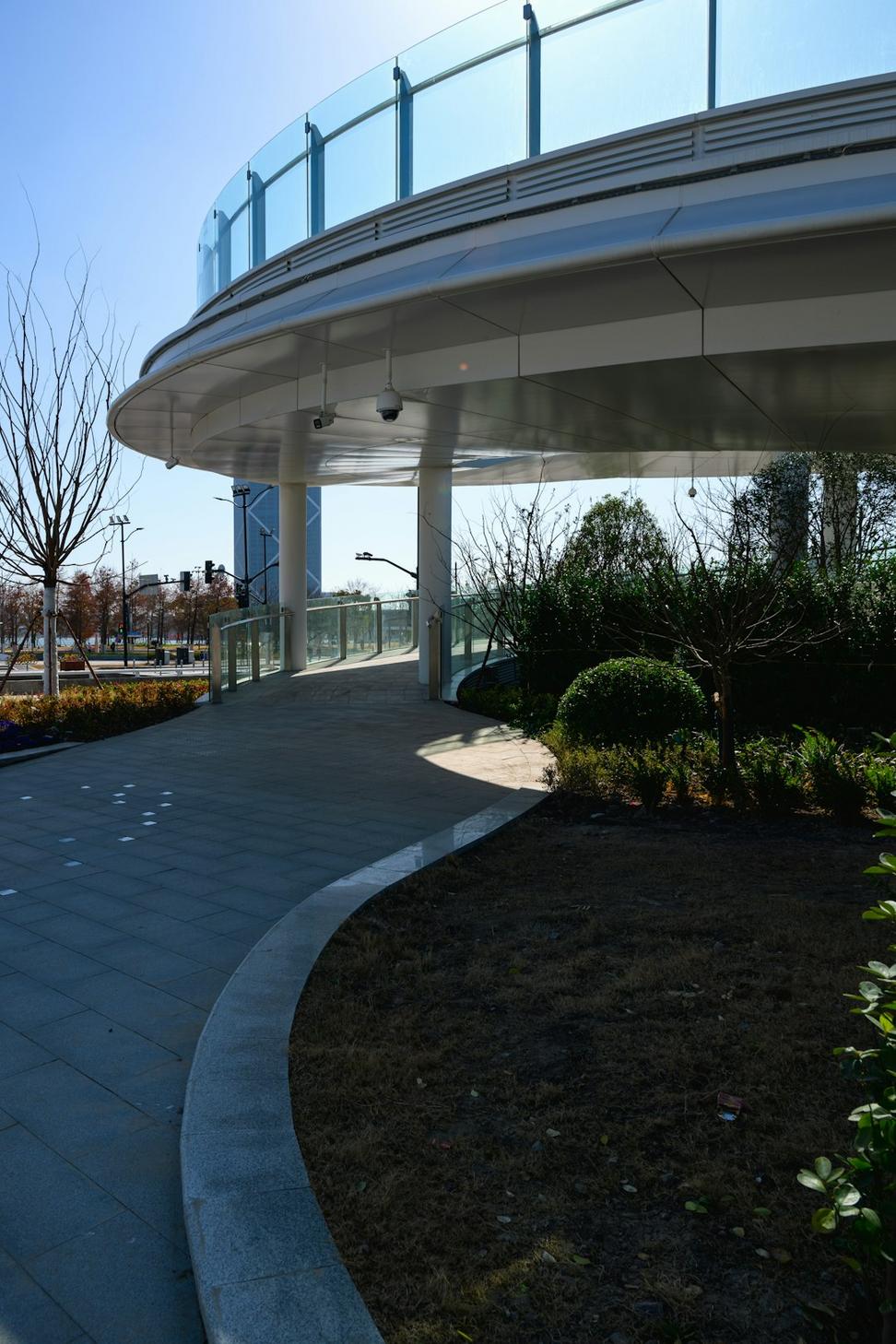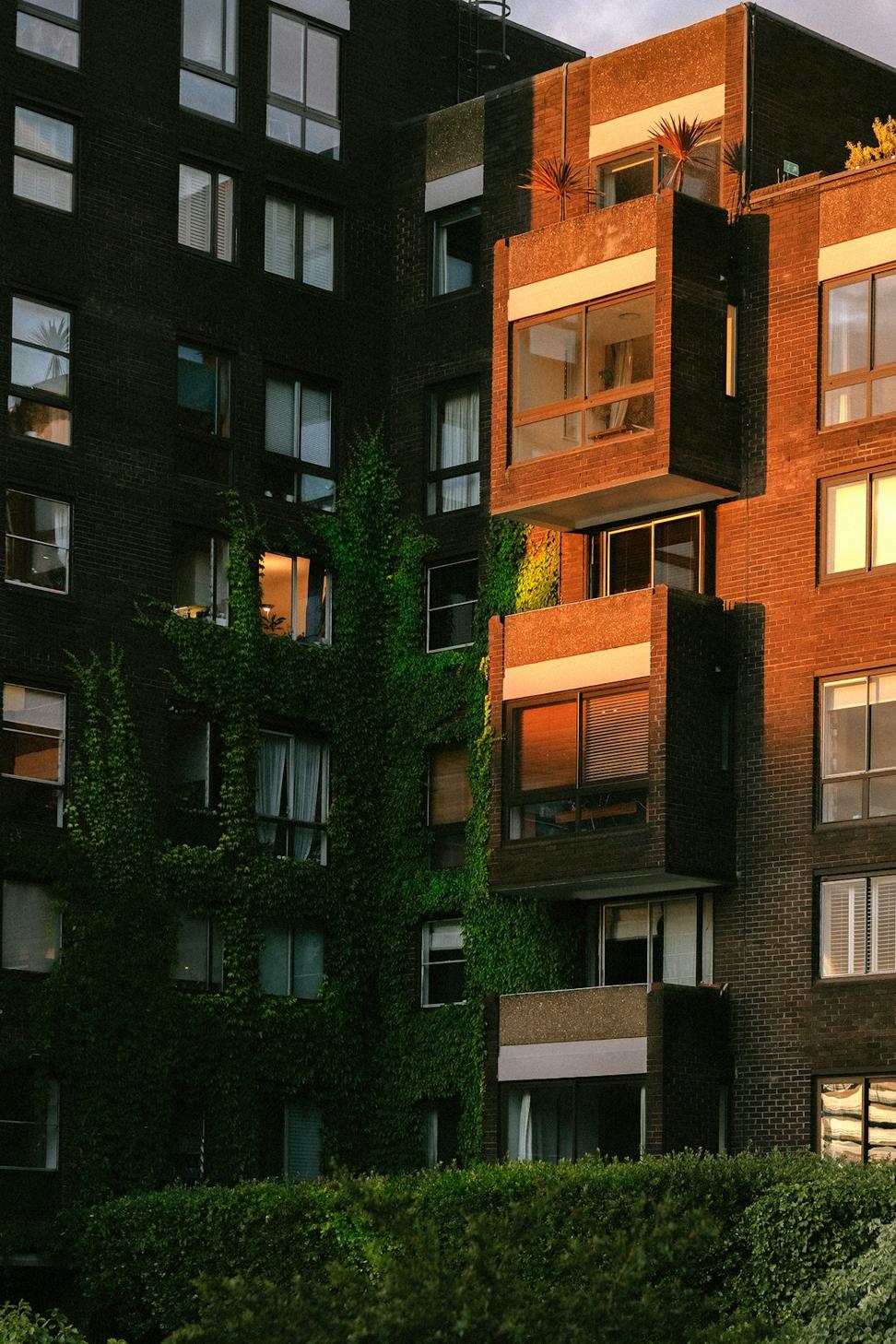How We Actually Do This
Real talk – sustainability isn't about slapping some solar panels on a roof and calling it a day. We dive deep into the whole lifecycle of a building, from where materials come from to how the space'll perform decades down the line.
Started implementing passive design strategies back in 2009, and man, the tech's come a long way since then. These days we're working with materials that'd blow your mind – reclaimed timber that's got more character than new stuff anyway, concrete alternatives that actually sequester carbon, insulation made from mushrooms (yeah, seriously).
"Every building we design should leave the site better than we found it. That's not idealism – it's just responsible practice."
- Quintharion Velthos, Founding Principal
